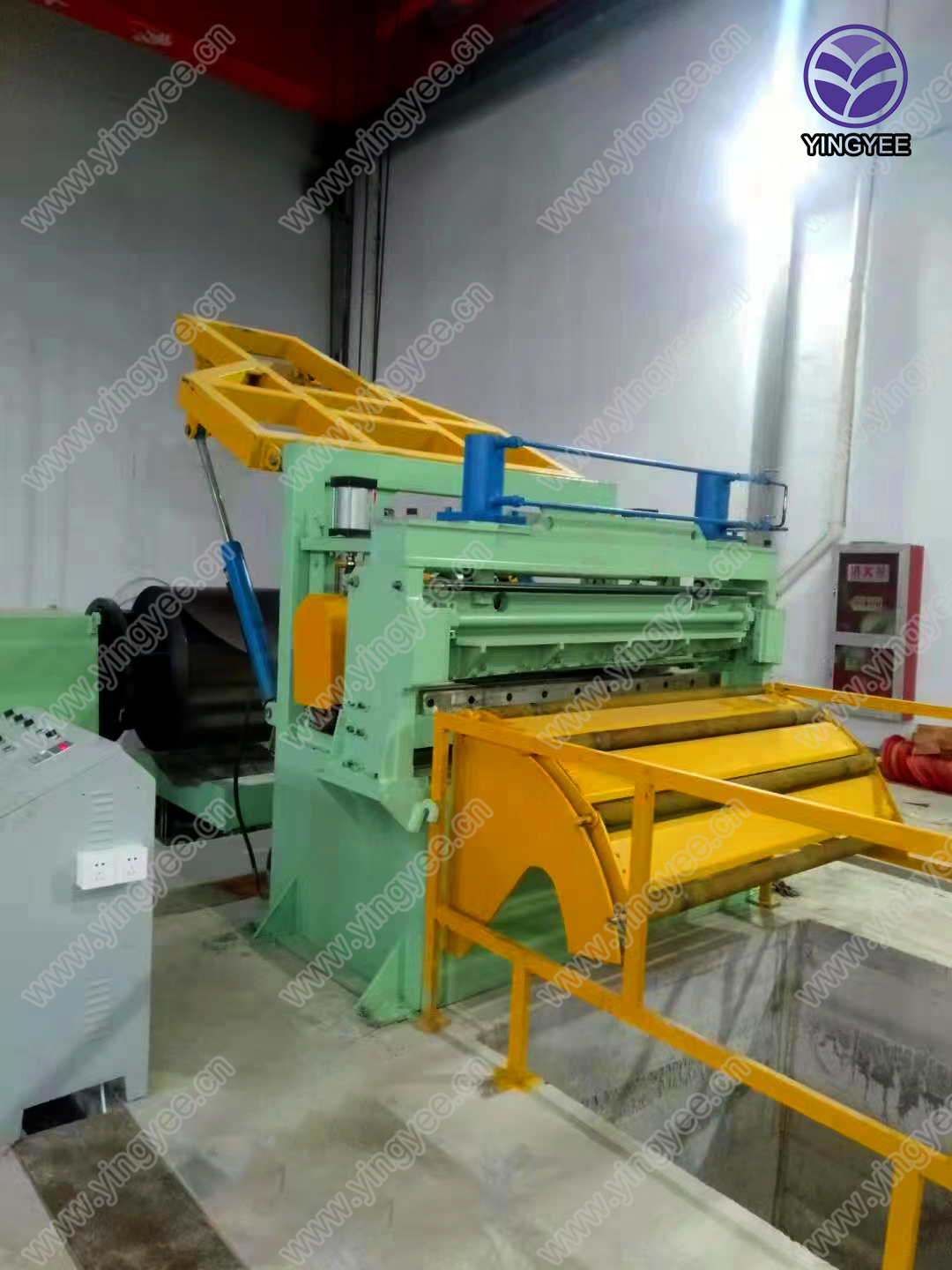
Understanding the Extrusion Machine A Comprehensive Overview
Extrusion machines are vital pieces of equipment in various industries, playing an essential role in shaping and forming materials. Whether in the manufacturing of plastic products, food processing, or metal forming, these machines have revolutionized production processes by providing efficiency, consistency, and versatility.
What is Extrusion?
At its core, extrusion is a manufacturing process whereby material is pushed or drawn through a die to produce a continuous profile. The material, typically in the form of granules or powders, is heated and melted before being forced through a specifically designed opening. The result is a long, continuous shape that can be cut to desired lengths upon cooling. Extrusion can be applied to various substances, including thermoplastics, metals, and even food products.
Types of Extrusion Machines
There are several types of extrusion machines, each tailored to specific materials and applications
1. Single-Screw Extruders These are the most common type of extrusion machine and consist of a single screw rotating within a heated barrel. They are primarily used for processing thermoplastics. The screw's rotation creates a pressure gradient, making it possible to move the material from the feed section to the die.
2. Twin-Screw Extruders In contrast to single-screw extruders, twin-screw extruders have two intermeshing screws. These machines are especially effective for compounding and mixing various materials together, offering improved material control and processing capabilities.
3. Sheet Extruders These machines are specifically designed to create flat sheets of material (usually plastic) that can be used in packaging, construction, and other applications. The sheet is formed by passing the extruded material through a series of rollers.
4. Pipe Extruders Used for creating pipes and tubing, these extruders have unique die designs that allow for the efficient formation of cylindrical shapes. They can process various materials, including PVC, HDPE, and others.
Benefits of Using Extrusion Machines
The advantages of extrusion machines are significant

- Cost Efficiency Extrusion allows for high-volume production, reducing the cost per unit. Because it is a continuous process, it minimizes labor costs and production time.
- Versatility Extruders can handle a wide range of materials, from plastics to metals and even food products. This makes them suitable for various applications across multiple industries.
- Uniformity and Consistency The controlled process ensures that the material's properties remain uniform throughout, resulting in consistent product quality.
- Customization Extrusion machines can be outfitted with different dies to create various shapes and sizes, making it easy to customize products based on customer needs.
Applications of Extrusion Machines
Extrusion machines find applications in numerous fields
- Plastic Industry They are heavily utilized in producing plastic sheets, films, and various molded components.
- Food Industry In this sector, extrusion is essential for creating snacks, cereals, and other processed foods. The process can also enhance the nutritional value and texture of food products.
- Construction Extruded products such as pipes, insulation, and panels are critical in construction for reliable and efficient building materials.
- Automotive and Aerospace Industries require lightweight yet strong components, which extrusion provides through advanced materials.
Conclusion
The extrusion machine is an indispensable tool in modern manufacturing, known for its efficiency, versatility, and ability to produce custom products at high volumes. As industries continue to innovate and evolve, the role of extrusion technology will undoubtedly expand, catering to more complex requirements and contributing to advancements in material science. Understanding this technology is crucial for businesses looking to optimize their production processes and stay competitive in a rapidly changing marketplace.